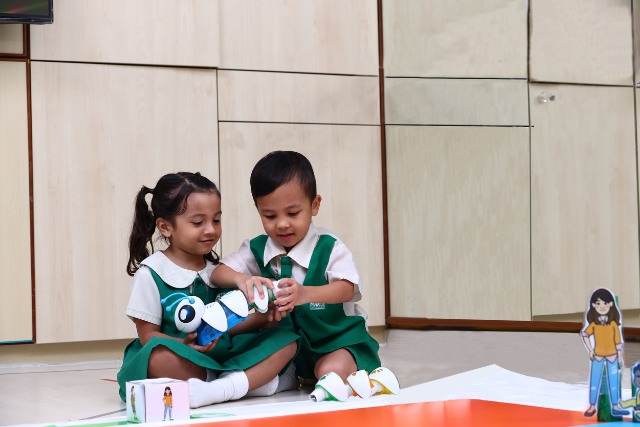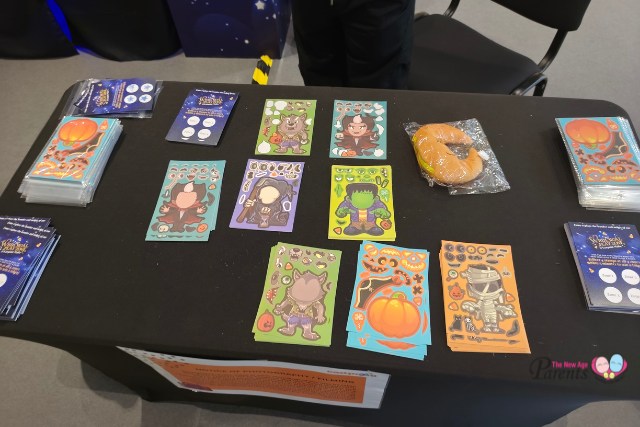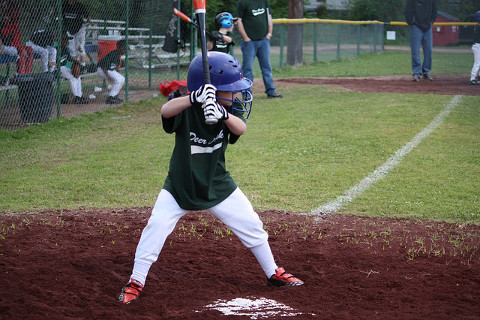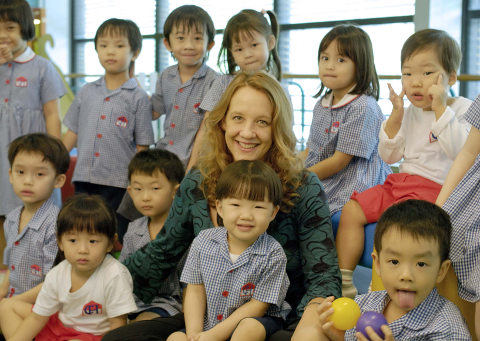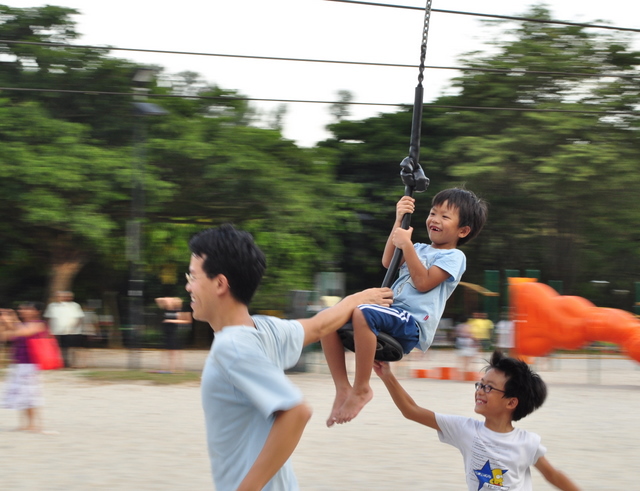Your child seems to understand language, but expressively the sounds and syllables of their words seem to be off target. What is going on?

What is Childhood Apraxia of Speech?
Childhood Apraxia of Speech (CAS) is a motor speech disorder. Children with CAS have problems saying sounds, syllables, and words. This is not because of muscle weakness or paralysis. The brain has problems planning to move the body parts (e.g., lips, jaw, tongue) needed for speech.
The child knows what he or she wants to say, but his/her brain has difficulty coordinating the muscle movements necessary to say those words. In most cases, the cause is unknown. However, some possible causes include:
- Genetic disorders or syndromes
- Stroke or brain injury
It is important to note that while CAS may be referred to as “developmental apraxia”, it is not a disorder that children simply “outgrow.” For many developmental speech disorders, children learn sounds in a typical order, just at a slower pace.
In CAS, children do not follow typical patterns and will not make progress without treatment. There is no cure, but with appropriate, intensive intervention, significant progress can be made.
What are some signs or symptoms of CAS?
Not all children with CAS are the same. All of the signs and symptoms listed below may not be present in every child. It is important to have your child evaluated by a Speech Therapist who is able to rule out other causes of speech problems. General things to look for include the following:
A very young child
- Does not coo or babble as an infant
- First words are late, and they may be missing sounds
- Only a few different consonant and vowel sounds
- Problems combining sounds; may show long pauses between sounds
- Simplifies words by replacing difficult sounds with easier ones or by deleting difficult sounds (although all children do this, the child with CAS does so more often)
- May have problems eating
An older child
- Makes inconsistent sound errors that are not the result of immaturity
- Can understand language much better than he or she can talk
- Has difficulty imitating speech, but imitated speech is more clear than spontaneous speech
- May appear to be groping when attempting to produce sounds or to coordinate the lips, tongue, and jaw for purposeful movement
- Has more difficulty saying longer words or phrases clearly than shorter ones
- Appears to have more difficulty when he or she is anxious
- Is hard to understand, especially for an unfamiliar listener
- Sounds choppy, monotonous, or stresses the wrong syllable or word
Other potential problems
- Delayed language development
- Other expressive language problems like word order confusions and word recall
- Difficulties with fine motor movement/coordination
- Over sensitive (hypersensitive) or under sensitive (hyposensitive) in their mouths (e.g., may not like tooth-brushing or crunchy foods, may not be able to identify an object in their mouth through touch)
- Children with CAS or other speech problems may have problems when learning to read, spell, and write
How is CAS diagnosed?
If you have concerns that your child may be exhibiting signs or symptoms of CAS, it is important to have the child evaluated by a Speech Therapist and an Audiologist. The Audiologist should perform a hearing evaluation to rule out hearing loss as a possible cause of your child’s speech difficulties. A Speech Therapist conducts an evaluation to assess your child’s oral-motor abilities, melody of speech, and speech sound development. The Speech Therapist can then diagnose CAS and rule out other speech disorders.
What does treatment for CAS involve?
There is no easy fix for CAS. Because it can manifest itself differently in every child, Speech Therapists may have to use a variety of techniques in therapy to achieve maximum results. Research does show that children with CAS benefit most from receiving frequent treatment sessions. Speech Therapists may also suggest alternative means of communication such as sign language, or augmentative communication systems that may be implemented if a child is severely impacted in his or her communication.
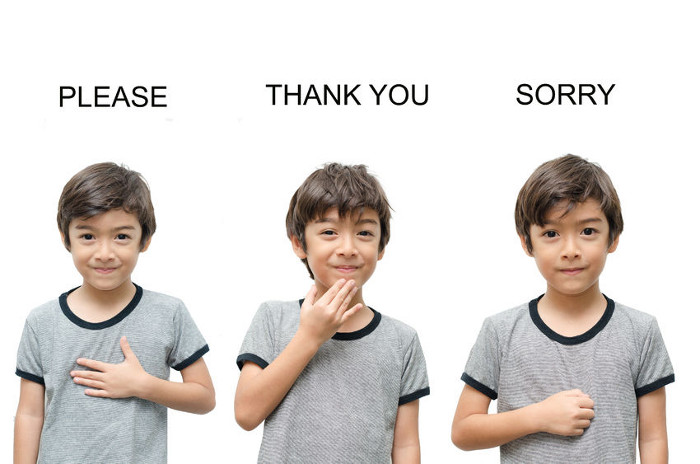
These alternative means of communication can serve as a temporary means to establishing a less-frustrating way for children with CAS to express themselves and communicate with those around them until their speech begins to improve with treatment.
Will children with CAS be able to communicate effectively one day?
Treatment outcomes may depend on the severity of the child’s apraxia. Other co-occurring problems will also have to be taken into consideration, such as delayed language development, difficulties with fine motor movements, or sensory-related issues. Generally, with timely and appropriate treatment, children with CAS can make some level of progress and attain certain levels of intelligible speech and effective communication.
What can I do to help at Home?
Speech Therapists will usually send home information and specific home practice for parents to complete with their child once a plan of treatment has been determined. Consistent practice and repetition are important, and necessary keys to helping children with CAS achieve their potential for intelligibility and communication.
Though CAS can be frustrating at times for both parents and children, providing a variety of opportunities for a child with CAS to talk is vital. Parents can get creative and make practice time fun to help in breaking up the monotony of therapy. Speech practice can be done during story time, in the car, in the shower, or while playing a game—anything that encourages communication.
Most of all, children with CAS will benefit from a supportive environment where they feel positive as they strive to increase their successful communication attempts. Many children can become intelligible speakers, but it takes time and commitment.
By Kamini Lynette Jaganathan, Speech Therapist at THK Therapy Services (The Children’s Therapy Centre)
For more information, go to www.thkmc.org.sg
If you find this article useful, do click Like and Share at the bottom of the post, thank you.
Want more comprehensive info? Check out our e-guides here.
Want to be heard and seen by over 100,000 parents in Singapore? We can help! Leave your contact here and we’ll be in touch.













